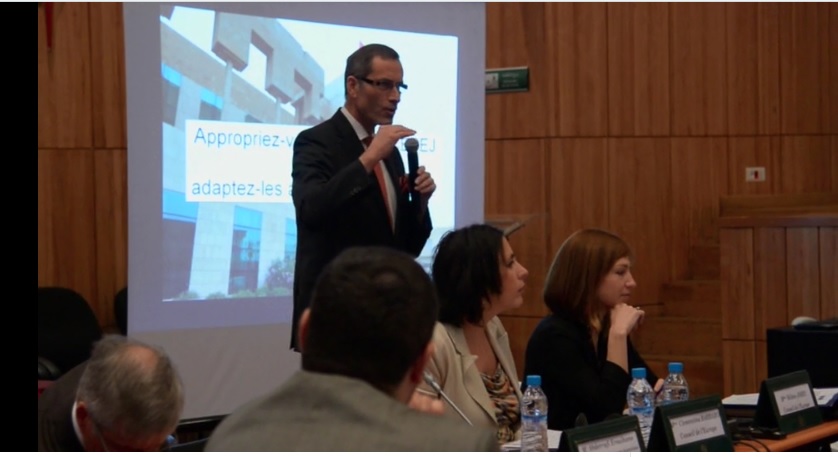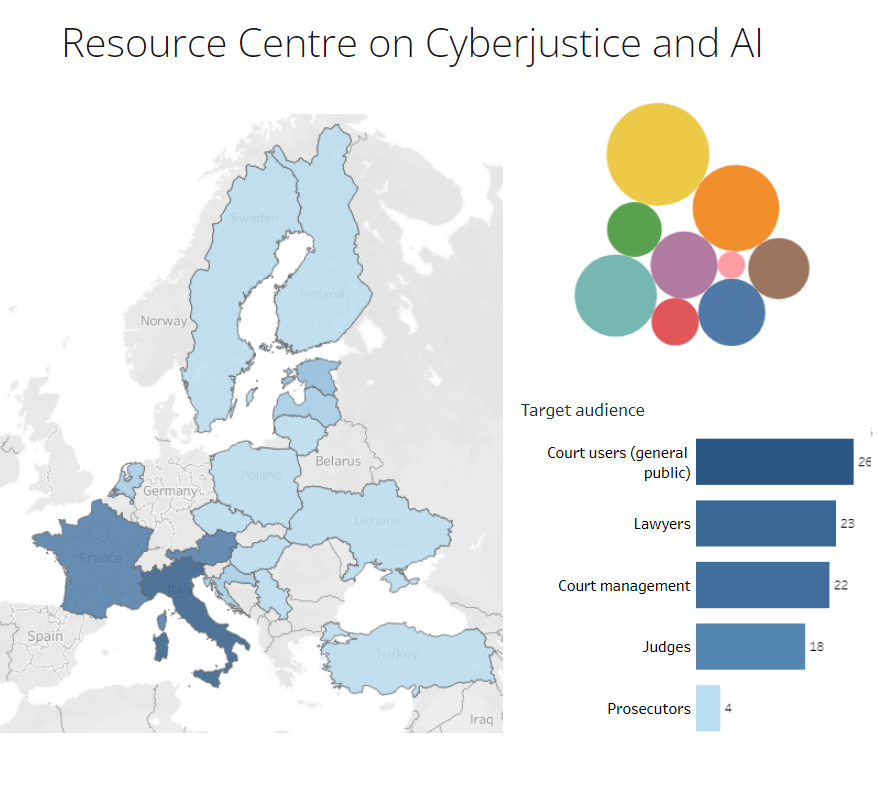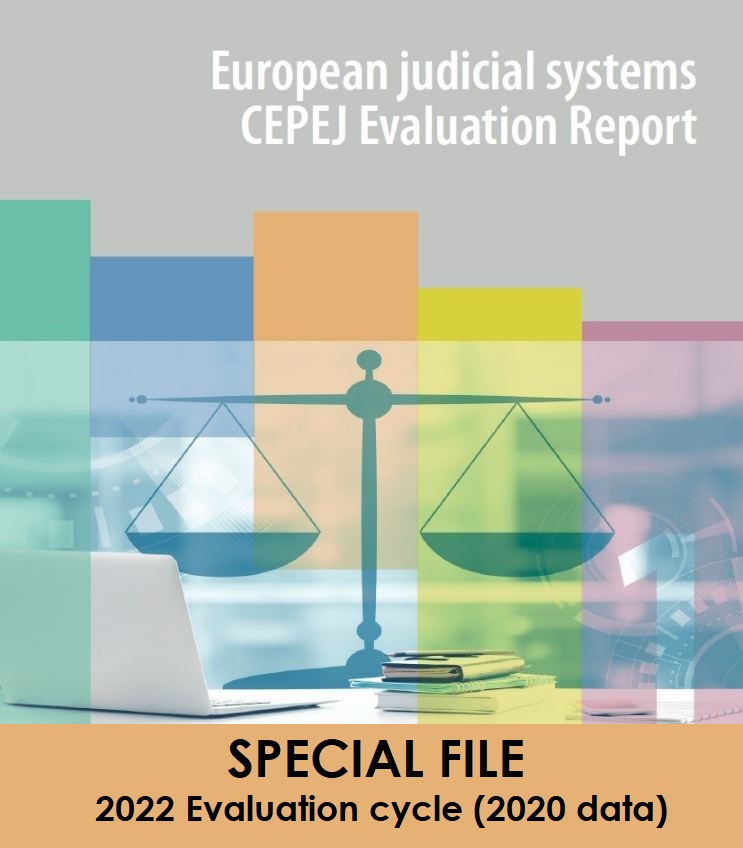
The main conclusions of this videoconference focus on the following points
- the period of the pandemic was a learning period, which should be used to improve judicial systems and enhance the flexibility of procedures;
- a time management system based on the CEPEJ methodology should be initiated in a simple, manual way, accessible by all courts and based on performance indicators of case flow and length of proceedings; a case weighting system could also be considered;
- it is important to allow for the adaptation of judicial systems to periods of crisis through (temporary or permanent) changes in procedural rules;
- the use of alternative dispute resolution methods should be encouraged as a means of relieving the burden on the courts;
- the use of new technologies in the courts is becoming increasingly urgent, first and foremost the use of videoconferencing in court hearings;
- the need to review the internal rules so that courts, as places where the public and many staff are received, are at all times able to comply with safety and health rules;
- training will play a key role in post-pandemic court systems;
- It is essential to involve all relevant actors in society in the new forms of management and organisation of justice systems, including local authorities;
- Courts must be provided with sufficient human, financial, material and IT resources to enable them to carry out their functions efficiently and with quality.
This activity was organised by the European Commission for the Efficiency of Justice (CEPEJ) in partnership with the Tunisian Ministry of Justice and within the framework of the joint European Union/Council of Europe programme to improve the functioning, performance and access to justice in Tunisia (AP-JUST) co-financed by the European Union and the Council of Europe and implemented by the latter.












